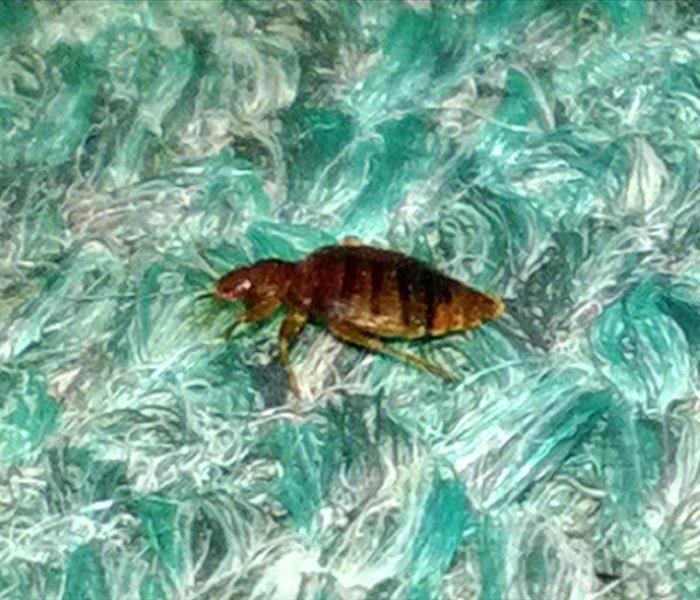How to Prevent Bed Bugs
3/7/2016 (Permalink)
Bed bugs are a pretty popular news subject as of late. While these little creatures can be annoying to get rid of, the important thing to know is that they aren’t actually that harmful to your health. Bed bugs are not known to transmit diseases and their bites are itchy but not painful.
If you are worried about these pests invading your home or hitching a ride into your space, there are a few simple precautions you can take to prevent them from entering your home.
Bed bugs are most common in crowded sleeping quarters or places where there is high turnover such as hotels. Before unpacking when on a trip, inspect the hotel bed, especially the corners by the headboards and near the seams for the bugs themselves and little brown trails. If you see evidence of either the bugs or the trails they leave behind, notify the hotel staff immediately and ask for another room far from the infested one. Even if you don’t spot any signs of the critters, place your suitcase on a suitcase holder, on a hard surface such as a table or, hang your clothes in the closet. Bed bugs like warmth, such as upholstery so, it’s best to avoid putting your clothes on the bed, chair or carpeting.
After returning from a trip, if you suspect you may have been exposed to bed bugs, wash all of your clothes from the suitcase in warm water. If you have any delicates, bring them to the dry cleaners or toss them in the dryer under a light cycle. The heat will kill the bed bugs and their eggs. Vacuum your suitcase and store it in the garage or outside in a closed up plastic garbage bag with no-pest strips for two weeks. This will kill all the adults and their eggs.
Inspect places where pets sleep. Animals often carry parasites with them unknowingly.
Vacuum regularly and empty the canister into the garbage. Make sure you take the garbage out immediately if you do in fact suspect you have bed bugs.
Last but not least, keeping a clean, tidy and uncluttered house can save you a lot of time and money by drastically decreasing your chance of bed bugs in the first place. Vacuum, wash your sheets and avoid clutter, especially in the bedroom; and you should be fine.
If you are worried about bed bugs, you can buy encasements for your bed and box spring as well as climb-up monitors for your bed posts which prevent bed bugs from climbing up and trap them climbing down should you already have some. Pesticide use isn’t highly recommended on bed bugs for several reasons; 1) you would have spray around where you and your family sleep and 2) bed bugs are resilient and immune to many pesticides. If you do find yourself with a pest problem, keep in mind that more often than not, these critters are easily taken care of. It is very rare you would have to wash your entire closet or throw away your furniture.
Hopefully you never have to deal with bed bugs but if you do, these tips should help you clean up the problem quickly and allow you to be proactive.






 24/7 Emergency Service
24/7 Emergency Service
